- Where We Work
- Interactive Map
- Afghanistan and Pakistan
- Africa
- African Union
- Power Africa
- Trade and Investment Engagement
- Angola
- Benin
- Botswana
- Burkina Faso
- Burundi
- Cameroon
- Central Africa Regional
- Central African Republic
- Chad
- Côte d'Ivoire
- Democratic Republic of the Congo
- Djibouti
- East Africa Regional
- Ethiopia
- Ghana
- Guinea
- Kenya
- Lesotho
- Liberia
- Madagascar
- Malawi
- Mali
- Mauritania
- Mozambique
- Namibia
- Niger
- Nigeria
- Republic of the Congo
- Rwanda
- Sahel Regional
- Senegal
- Sierra Leone
- Somalia
- South Africa
- South Sudan
- Southern Africa Regional
- Sudan
- Swaziland
- Tanzania
- Uganda
- West Africa Regional
- Zambia
- Zimbabwe
- Asia
- Europe and Eurasia
- Latin America and the Caribbean
- Middle East
- Mission Directory
By spurring further investment, building on existing partnerships, and creating new partnerships, Power Africa is moving rapidly towards its goal of improving energy availability and access for tens of millions of citizens in sub-Saharan Africa.
Power Africa has established partnerships with key, influential development partners in the energy sphere, including the World Bank Group, the African Development Bank, the European Union, and the Governments of Canada, France, Norway, Japan, Sweden (through Sida) and the United Kingdom (through DFID). Power Africa also has strategic partnerships with the African Union’s New Partnership for Africa’s Development (NEPAD), the UN’s Sustainable Energy for All (SEforAll) initiative, the International Renewable Energy Agency, and the African Trade Insurance Agency (ATI) with an eye toward leveraging our collective technical expertise, financial contributions, and relationships in the energy sector in order to overcome Africa’s energy deficit, reduce poverty, and improve people’s lives across the continent.
African Development Bank
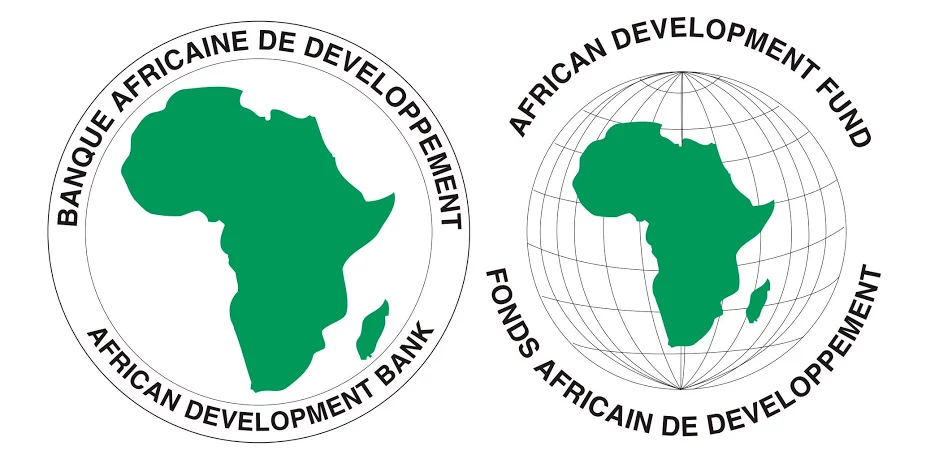
In 2013, the African Development Bank announced its support to advance Power Africa as an anchor partner, with a commitment of $3 billion over 5 years. The AfDB’s contributions to Power Africa run broad and deep, including contributions in the form of investments, support for policy reforms, advisory services and guarantees. In 2013, AfDB approved approximately $670 million in electricity projects, in 2014, approximately $335 million in electricity projects in Ethiopia, Ghana, Kenya, Nigeria, and Tanzania, and in the first half of 2015, an additional $365 million in electricity projects in Tanzania and Kenya.
African Trade Insurance Agency (ATI)

The African Trade Insurance Agency (ATI) provides political risk and trade credit risk insurance products with the objective of reducing the business risk and cost of doing business in Africa. Its main goal is to help increase investments into its African member countries and two-way trade flows between Africa and the world. ATI facilitates exports, foreign direct investment into and trade flows within the continent.
In their MOU, ATI and Power Africa have committed to the following:
- Identify opportunities to collaborate in support of the Regional Liquidity Support Facility (RLSF) and the African Energy Guarantee Facility (AEGF)
- Leverage financial guarantees and insurance products to facilitate power sector transactions
- Provide advocacy and capacity building support
Canada

The United States and Canada signed a Memorandum of Understanding to work together to support the development of the energy sector in sub-Saharan Africa, including through Power Africa. This partnership will enable the United States and Canada to accelerate efforts to harness Africa’s vast renewable energy potential and provide electricity to millions of people across the continent, and deepen coordination in the implementation of commitments under the Africa Renewable Energy Initiative including through U.S. investments under Power Africa as well as Canada’s pledge of $150 million under the Initiative. It will also expand Power Africa’s reach in francophone countries.
- Outreach in Francophone West Africa
- Outreach to Canadian companies
- Support for gender inclusive growth in the power sector
The Development Bank of Southern Africa (DBSA)
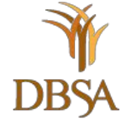
The Development Bank of Southern Africa (DBSA) is a state owned entity with the purpose of accelerating sustainable socio-economic development and improve the quality of life of the people of the Southern African Development Community (SADC) by driving financial and non-financial investments in the social and economic infrastructure sectors.
The DBSA has prioritised water, energy, transport and ICT as its key focus areas.
- Social infrastructure: Infrastructure aimed at addressing backlogs and expediting the delivery of essential social services to support sustainable living conditions and a better quality of life within communities.
- Economic infrastructure: Infrastructure aimed at addressing capacity constraints and bottlenecks in order to optimise economic growth potential.
DFID (UK Aid)
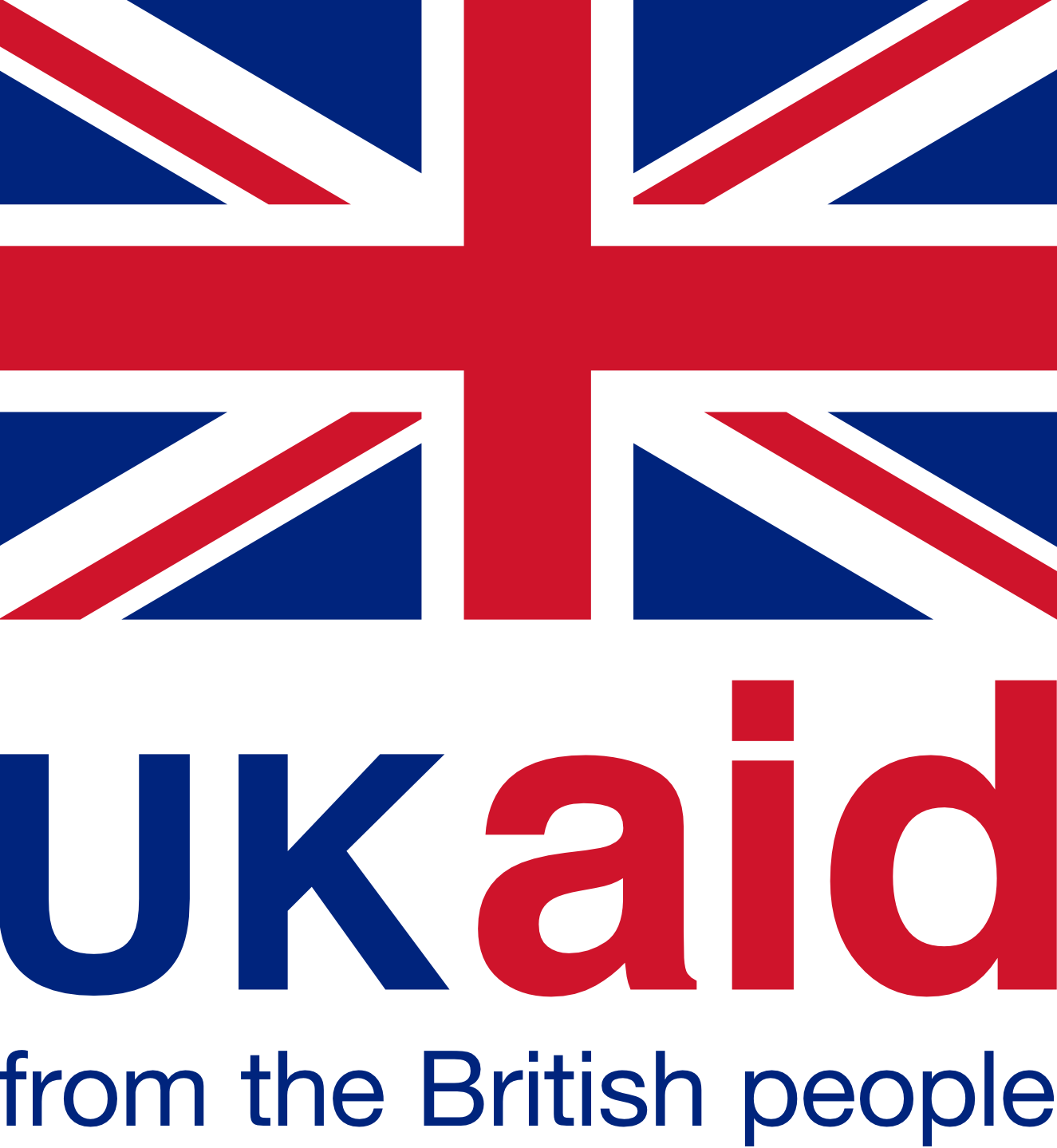
- Boosting investment in clean energy through joint projects
- Expanding off-grid energy
- Developing networks to share power across borders
- Helping more women participate in the energy sector in Africa
- Developing regional geothermal energy
- Strengthening donor coordination across the sector
France
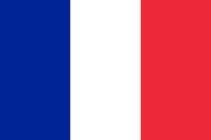
Power Africa signed an MOU with the French Government in November 2016 in order to coordinate efforts in the energy space in Africa, including sharing each respective strategic approaches; coordinating support to integrated electrification planning, grid extension, mini-grids, off-grid solutions, and relevant institutions and stakeholders; and identifying opportunities to mobilize financial support by jointly leveraging their respective resources and those of other Power Africa partners. Specific geographical areas for collaboration on accelerating energy access could include Francophone West Africa, particularly Senegal, as well as Kenya.
European Union
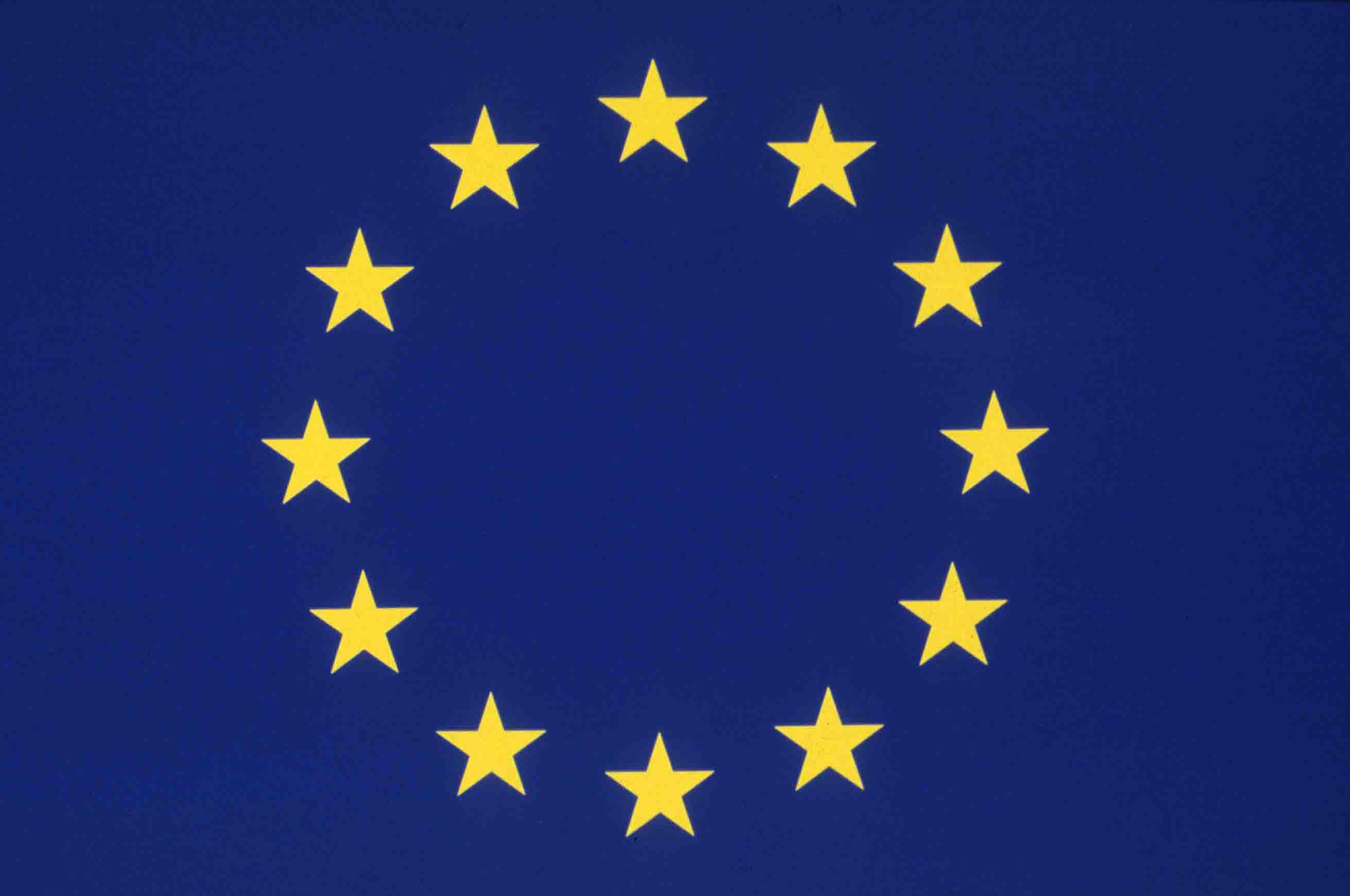
On July 14, 2015, the United States and the EU signed a Memorandum of Understanding (MOU) that establishes a framework for joint Power Africa-EU activities that will highlight our shared commitment to expand small-scale and off-grid efforts to increase access to electricity across sub-Saharan Africa. The European Union’s development program action plan is backed by a financial commitment of €2.5 billion (approximately $2.8 billion) in financing for sustainable energy activities over the next 5 years, targeted towards assisting their partner countries in sub-Saharan Africa to advance their ambitious goals of establishing modern and sustainable energy sectors and to fight energy poverty. Treasury Secretary Jack Lew and EU Commissioner Neven Mimica signed the EU-Power Africa MOU at the Financing for Development Business Forum in Addis Ababa, Ethiopia. This joint action promises to boost and enhance efforts in the energy sector across the continent.
Industrial Development Corporation of South Africa (IDC)

Is a South African national development finance institution set up to promote economic growth and industrial development. The institution is owned by the South African government under the supervision of the Economic Development Department.
IRENA

The International Renewable Energy Agency (IRENA) is an intergovernmental organization headquartered in Abu Dhabi, United Arab Emirates, that supports countries in their transition to a sustainable energy future, and serves as the principal platform for international co-operation, a center of excellence, and a repository of policy, technology, resource and financial knowledge on renewable energy. IRENA promotes the widespread adoption and sustainable use of all forms of renewable energy, including bioenergy, geothermal, hydropower, ocean, solar and wind energy, in the pursuit of sustainable development, energy access, energy security and low-carbon economic growth and prosperity.
IRENA seeks to make an impact in the world of renewable energy by maintaining a clear and independent position, providing a range of reliable and well-understood services that complement those already offered by the renewable energy community and gather existing, but scattered, activities around a central hub.
IRENA and Power Africa signed a Memorandum of Understanding (MOU) in December 2015, recognizing the shared efforts to advance the energy sector in sub-Saharan Africa are intended to support the common goal of enabling renewable energy investment and growth. Increasing access to electricity and growing renewable energy would enhance energy security, decrease poverty, and advance economic growth. This MOU identifies three areas of collaboration:
- Share project information to further renewable energy growth in sub-Saharan Africa.
- Expand efforts to increase renewable energy across sub-Saharan Africa.
- Expand participation by Power Africa partners in IRENA’s Sustainable Energy Marketplace.
Japan
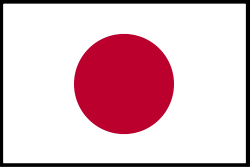
Power Africa signed a Memorandum of Cooperation (MOC) with the Government of Japan in August 2016, at the Tokyo International Conference on African Development (TICAD) held in Nairobi, Kenya. The cooperation with Power Africa is intended to align with Japan’s ongoing efforts to improve and increase access to energy on the continent, and includes a commitment to bring 1,200 MW of cleaner energy online in sub-Saharan Africa by 2018.
The MOC outlines several areas of collaboration, including:
- Leveraging collective energy investments in cleaner energy solutions;
- Advancing geothermal activities in East Africa;
- Enhancing energy efficiency efforts; and
- Supporting cross-border energy trade and regional power pools.
New Partnership for Africa’s Development (NEPAD)
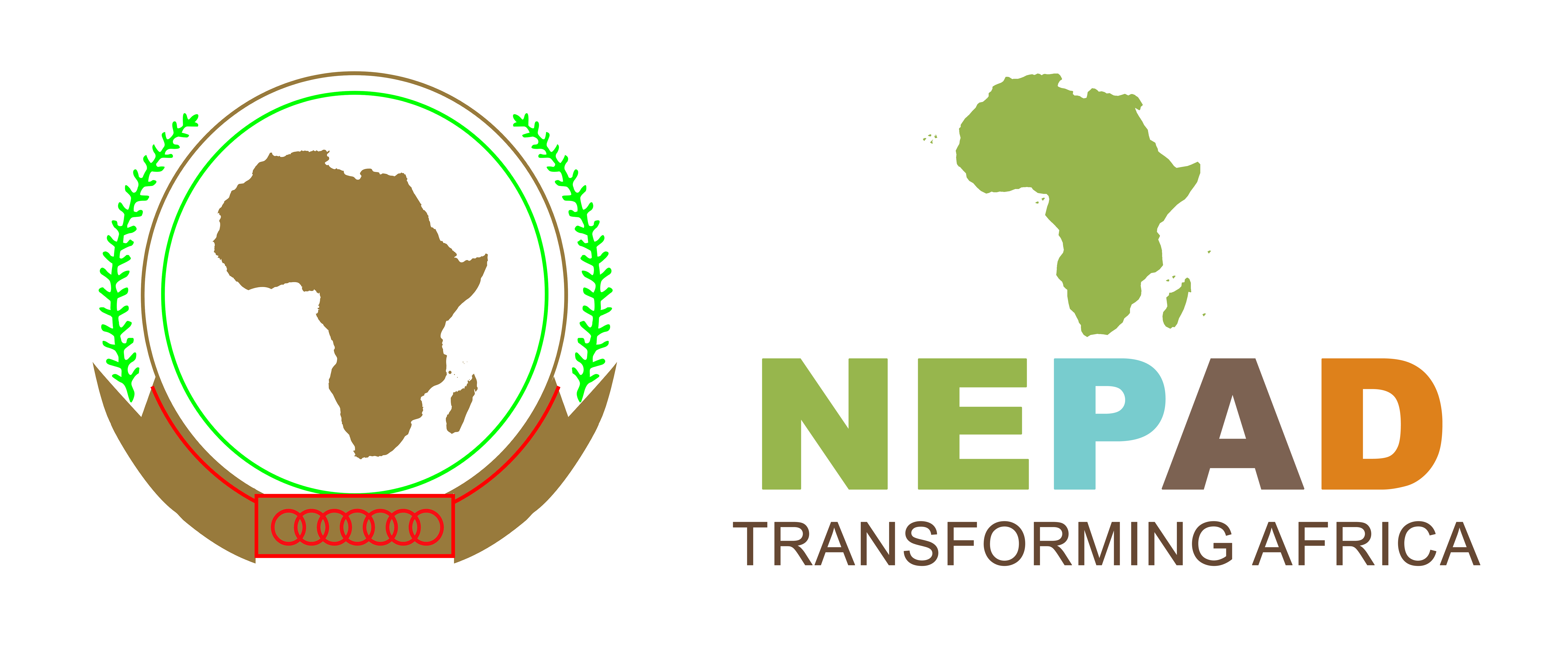
NEPAD, a technical body of the African Union, signed a Memorandum of Understanding (MOU) with Power Africa in September 2014. The MOU allows for enhanced collaboration between Power Africa and NEPAD to advance the development of energy projects included in the Africa Power Vision — a prioritized list of regional or otherwise potentially transformational energy projects.
This partnership is focusing on the development of a few key energy projects across sub-Saharan Africa to demonstrate that by working together, we can move beyond making lists of priorities to getting them across the finish line.
Norway
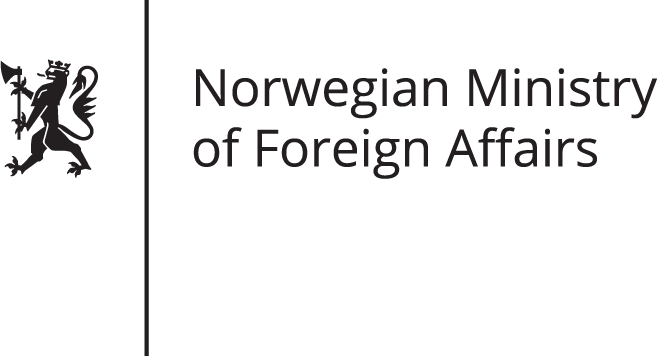
- Leveraging information and expertise in our renewable energy investments;
- Expanding small-scale and off-grid efforts to extend renewable energy across sub Saharan Africa;
- Supporting the development of hydropower;
- Advancing the development of power pools and increase generation through regional integration;
- Supporting gender inclusive growth in the power sector.
SEforAll
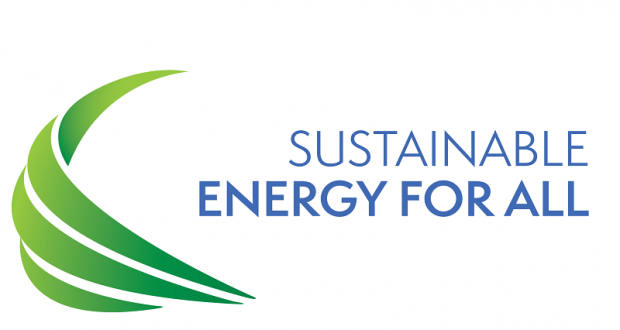
The core mission of Sustainable Energy for All (SEforALL) is to help to realize the vision agreed at Rio+20 by catalyzing major new investments, facilitating new public-private partnerships, and mobilizing bold commitments and actions that will have a transformative impact towards the achievement of three targets by 2030:
- Ensuring universal access to modern energy services;
- Doubling the global rate of improvement in energy efficiency; and
- Doubling the share of renewable energy in the global energy mix.
Power Africa has committed to undertake efforts which fall in line with these three targets. On September 22, 2014, during the UN Climate Summit, SEforALL and Power Africa signed a Cooperation Agreement focusing on cooperation in furthering energy access, electric power generation and market development, cross-border transmission network development, clean energy investments, off-grid energy generation, and energy project financing in sub-Saharan Africa. Power Africa is supporting the SEforALL Global Facilitation Team in the development of SEforALL's Country Action planning, as well as developing a collaboration on a sub-Saharan country Energy Efficiency Roadmap that will have benefits for electricity access and quality of service in both urban and rural contexts.
Sweden

Sweden became the first foreign government to make a bilateral financial commitment in support of Power Africa. In August 2014, Sweden, through Sida committed $1 billion USD, including grants for distribution and transmission projects, as well as guarantees and loans to catalyze investments in the energy sector.
Power Africa and Sida have identified areas of collaboration, which include:
- Expanding mini and off grid efforts to extend renewable electricity across sub-Saharan Africa.
- Improving energy efficiency as a means of making additional megawatts available.
- Leveraging financial guarantees to facilitate power sector transactions.
- Supporting Power Pools as well as other interventions to increase renewable energy power generation and access to power through regional integration.
World Bank

In 2013, the World Bank Group committed $3.3 billion in new technical and financial support in both loans and guarantees in Power Africa’s initial six focus countries of Ethiopia, Ghana, Kenya, Liberia, Nigeria, and Tanzania. In 2014, the World Bank agreed to increase this commitment to $5 billion. The World Bank Group’s FY 2015 Africa energy portfolio consists of 46 active projects totaling $9.7 billion. To date, $2.34 billion has been allocated in these six countries. One example of this partnership at work is the World Bank and Power Africa’s collaboration with the Ministry of Power in Ghana to develop parameters for screening potential independent power producer (IPP)-led projects.







Comment
Make a general inquiry or suggest an improvement.